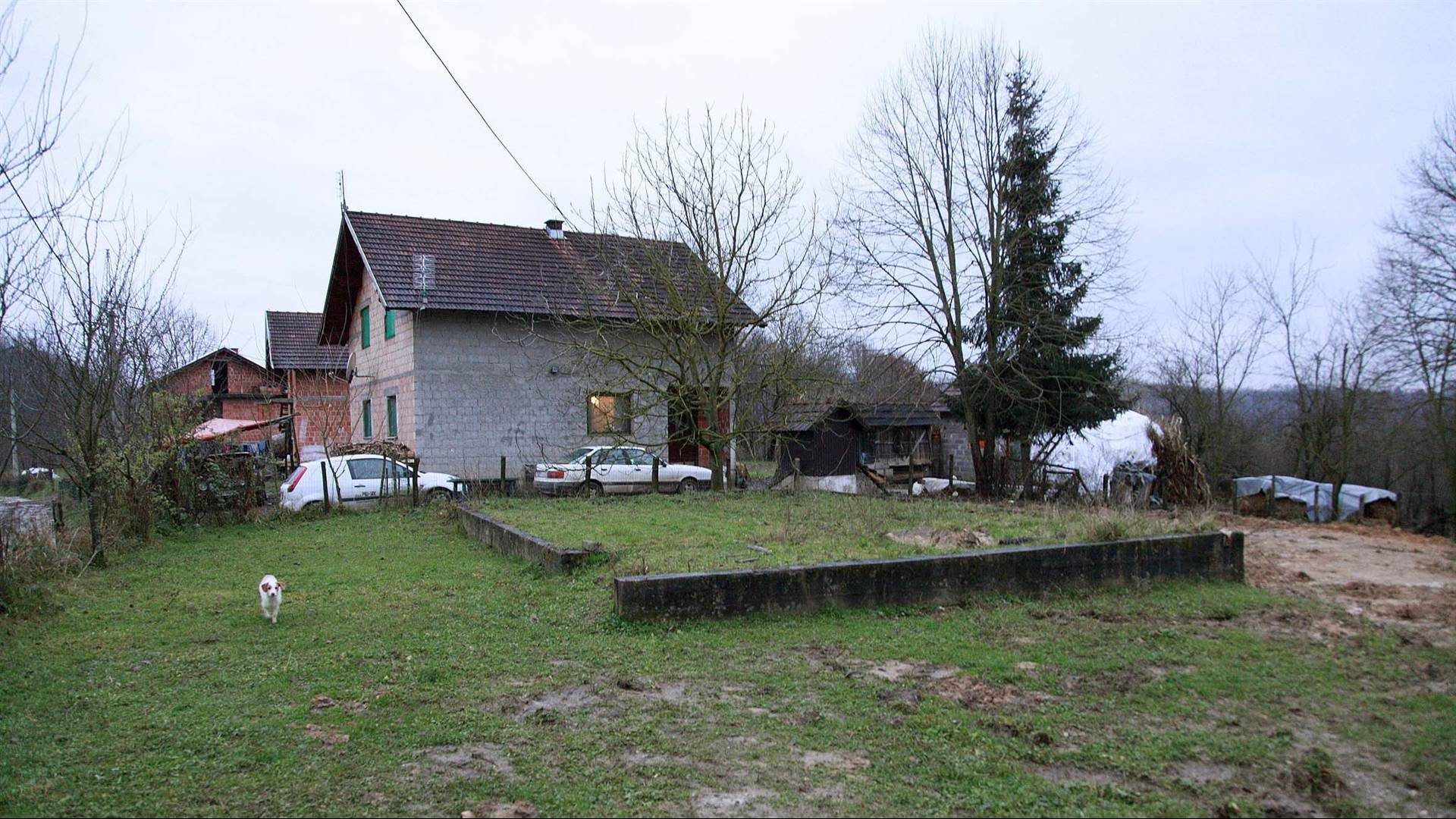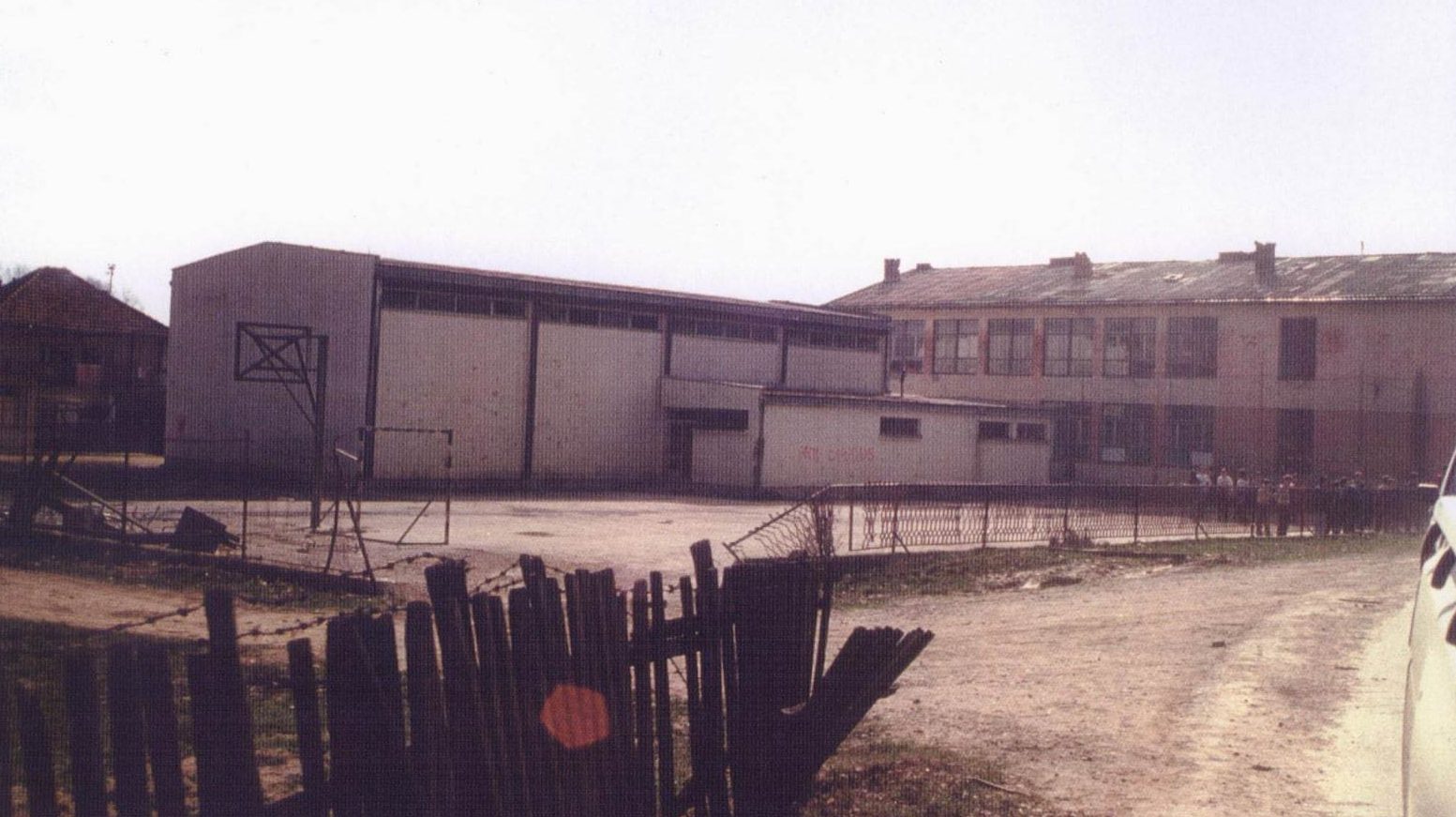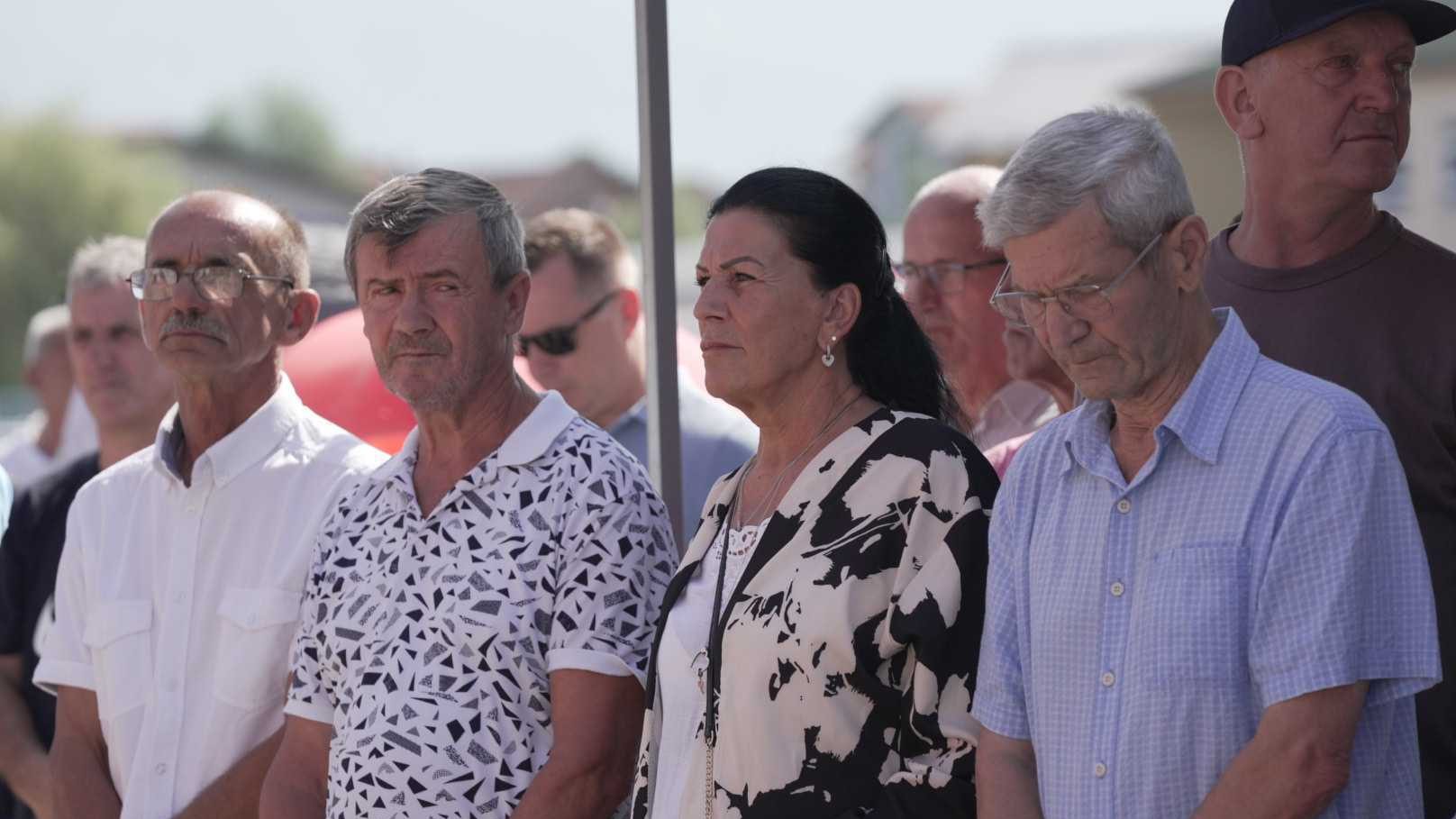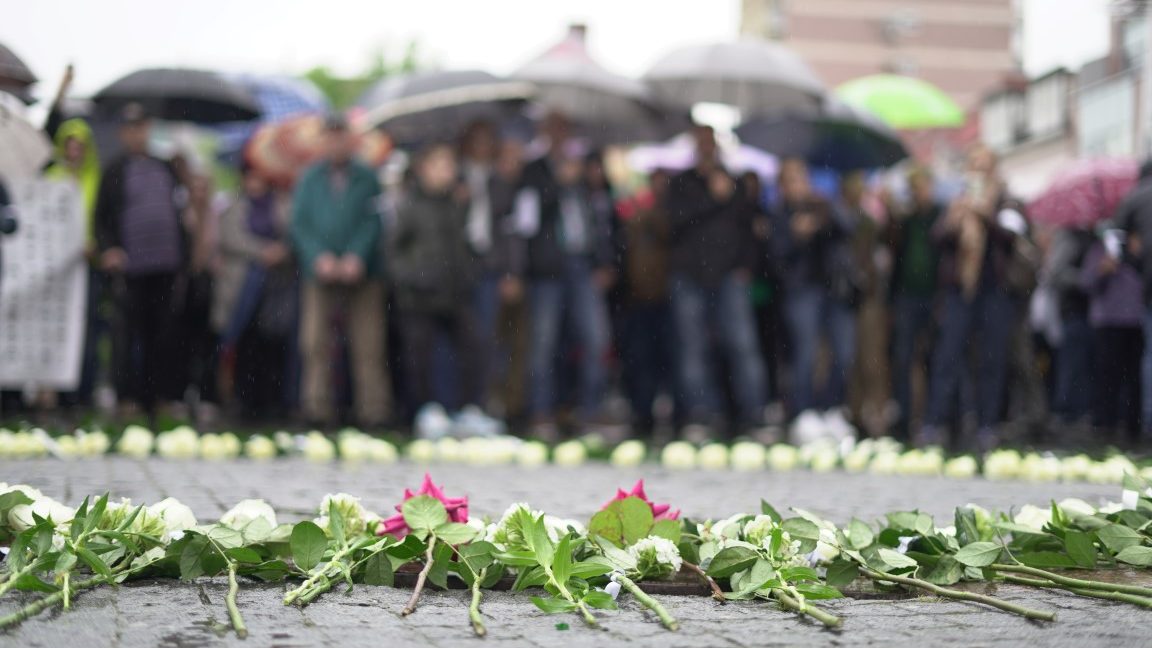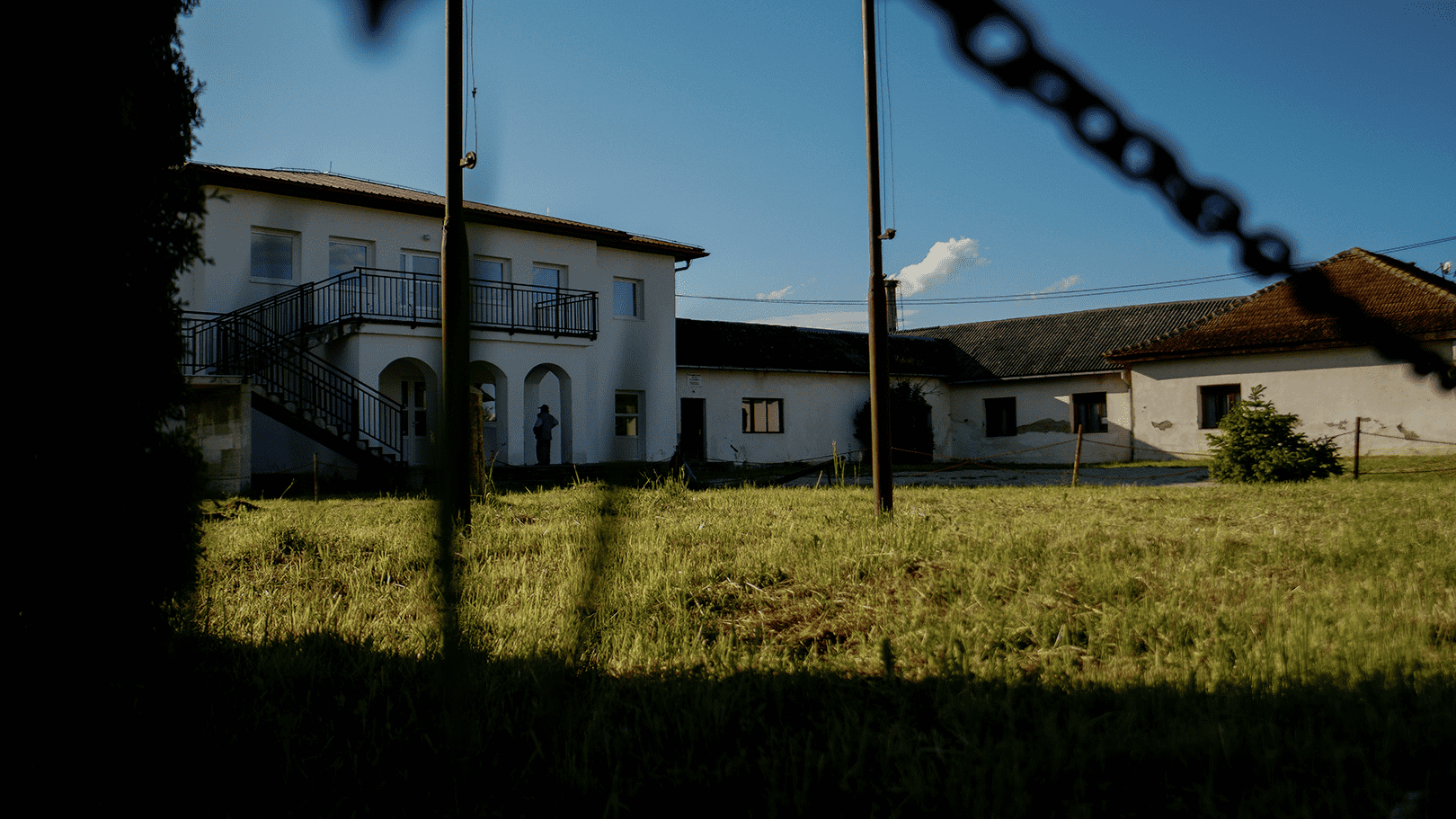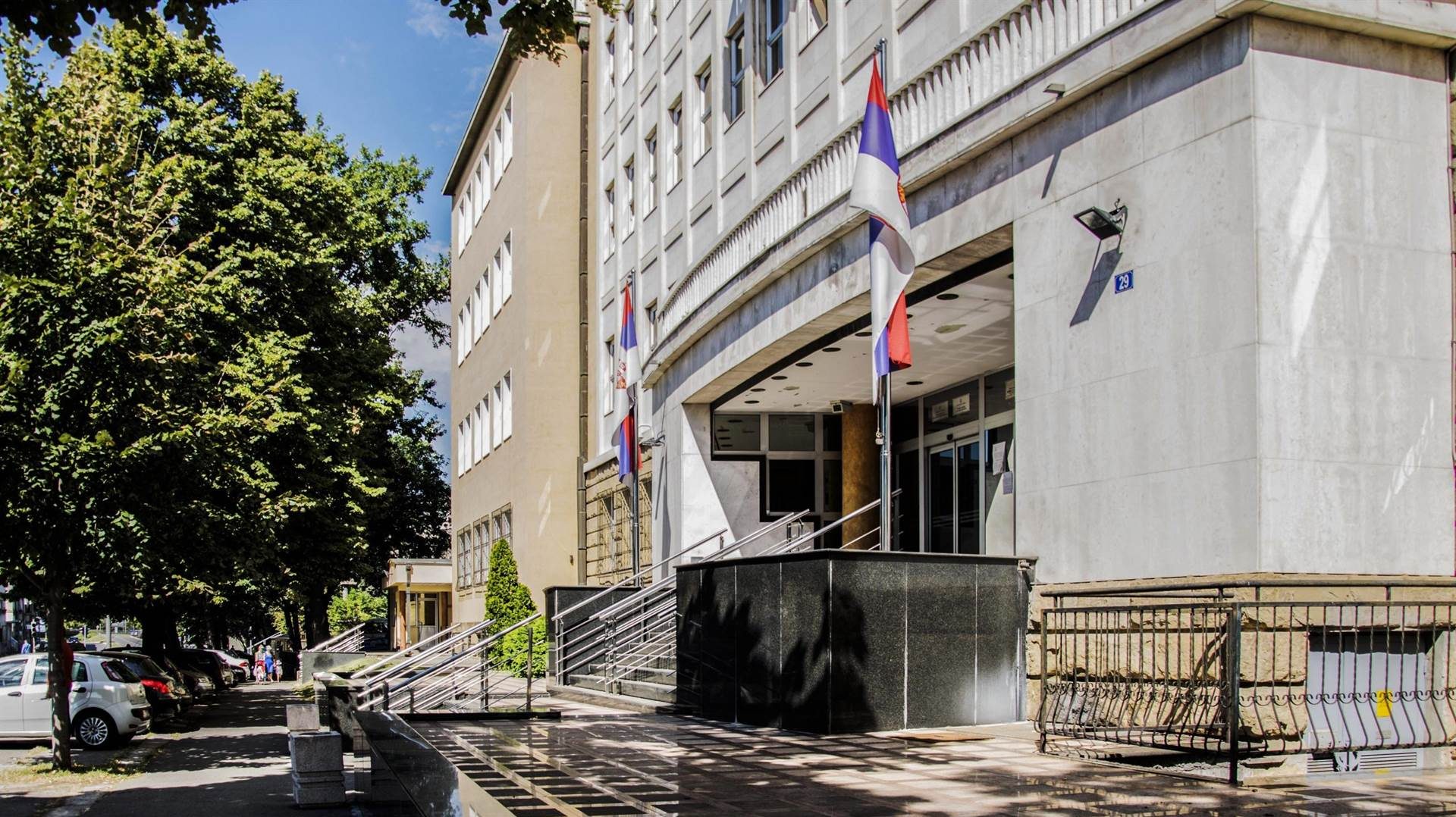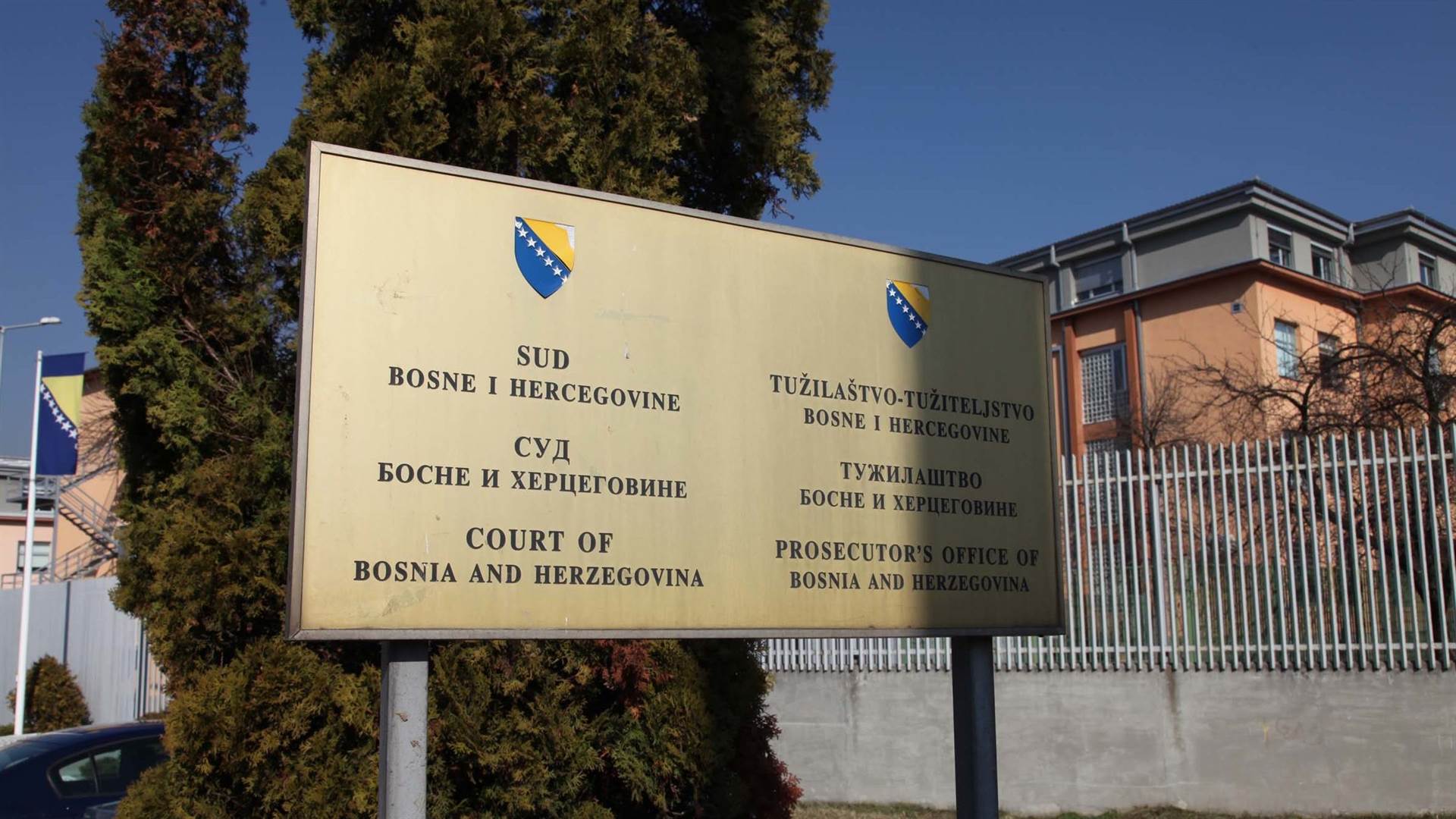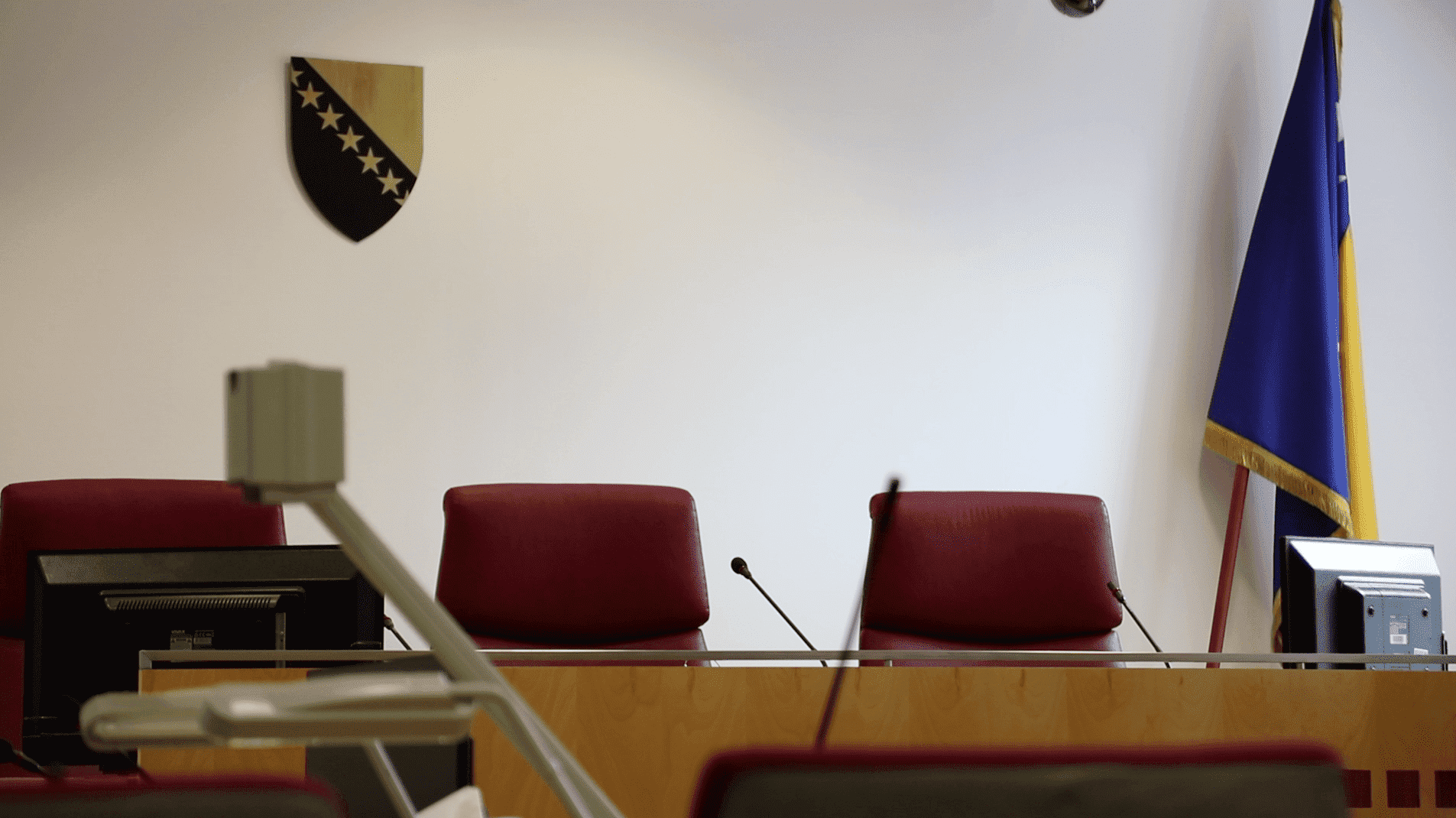Five wartime Bosnian Serb fighters were sentenced to a total of 59 years in prison for involvement in an attack that left several civilians dead in the village of Zecovi...
The Bosnian state court asked Interpol to issue international ‘red notices’ for the arrest of Dusan Milunic, Ilija Zoric and Zoran Stojnic, who were convicted under a first-instance verdict of...
In a series of indictments announced over the New Year period, 15 suspects were charged with various wartime crimes including attacks on villages that left dozens of Bosniaks and Croats...
Former prisoners at the wartime Keraterm detention camp and families of inmates who died gathered in Prijedor to mark the anniversary of the killings of around 200 inmates by Bosnian...
Thirty-one years after a wartime campaign of persecution against non-Serbs began in Bosnia’s Prijedor area, survivors and their families commemorated the victims and urged the authorities to finally allow a...
Bosnia’s state court confirmed the indictment of five former guards at the Trnopolje, Keraterm and Omarska wartime detention camps on charges that include torture, murder and allowing the rape of...
At the start of his trial in Belgrade for the killing of 51 non-Serbs in 1992, former reservist policeman Milorad Kotur explained how prisoners were taken from the Omarska detention...
The Bosnian state court upheld the verdict convicting former reservist policeman Dusan Culibrk of involvement in the wartime killings of more than 50 Bosniaks and Croats in the Bosanska Krupa...
Six former guards were charged with committing a crime against humanity against illegally-detained prisoners at the Trnopolje, Keraterm and Omarska camps in the Prijedor area during wartime.
Former Bosnian Serb Army soldiers Bratislav Bilbija and Djuro Adamovic were found not guilty of beating up civilians in the Prijedor area during the war in 1992.
